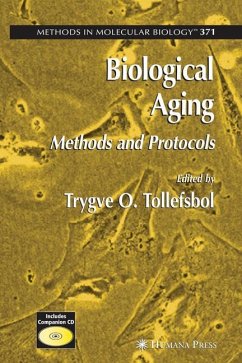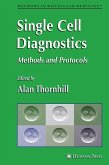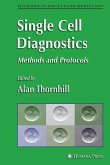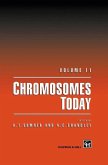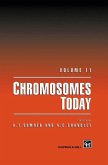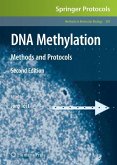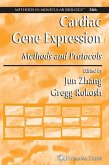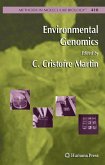Biological Aging: Methods and Protocols investigates the various processes that are affected by the age of an organism. Several new tools for the analysis of biological aging have been introduced recently, and this volume provides methods and protocols for these new techniques in addition to its coverage of established procedures. The editors have carefully selected only those topics that are considered mainstays of the field or are showing promise in revolutionizing this relatively new science. The three main areas of focus in this cutting-edge compendium of biological aging research are: methods that are basic to understanding the fundamental mechanisms of cellular aging; techniques used to intervene in the aging process; and approaches to analyzing the many molecular processes of biological aging. Researchers seeking new technology and techniques will find this volume of tremendous benefit as they move towards new directions in the exciting and expanding field of biological aging.
Hinweis: Dieser Artikel kann nur an eine deutsche Lieferadresse ausgeliefert werden.
Hinweis: Dieser Artikel kann nur an eine deutsche Lieferadresse ausgeliefert werden.
From the reviews:
"For research gerontologists, this book is a boon." -Doody's Book Review, Weighted Numerical Score:90 - 4 Stars
"This can be a useful book for biogerontologists. ... Comprised of 25 generally well-written articles ... this book covers various methods and protocols for studying cellular aging of human cells, yeast cells, and mice. ... a welcome source of useful information for researchers intending to find their way into descriptive, analytical and interventive research in biogerontology." (Suresh Rattan, Biogerontology, Issue 9, 2008)
"For research gerontologists, this book is a boon." -Doody's Book Review, Weighted Numerical Score:90 - 4 Stars
"This can be a useful book for biogerontologists. ... Comprised of 25 generally well-written articles ... this book covers various methods and protocols for studying cellular aging of human cells, yeast cells, and mice. ... a welcome source of useful information for researchers intending to find their way into descriptive, analytical and interventive research in biogerontology." (Suresh Rattan, Biogerontology, Issue 9, 2008)

